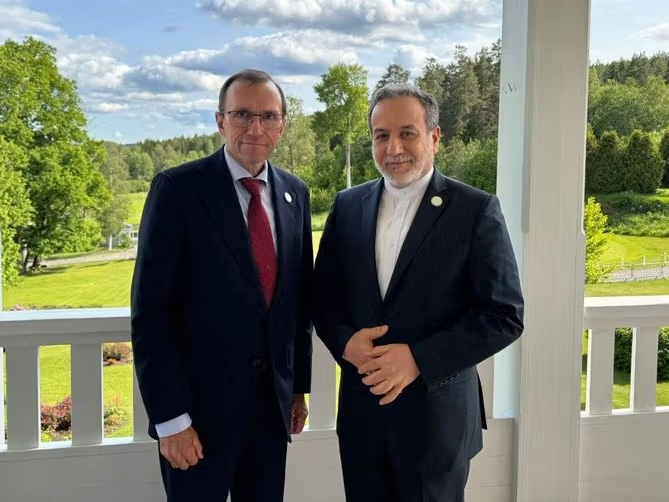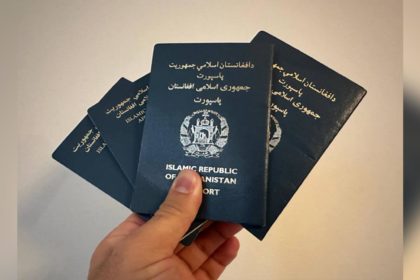RASC News Agency: On the sidelines of the 22nd Oslo Forum, a prominent annual platform for informal diplomacy and conflict resolution, Iranian Foreign Minister Abbas Araghchi met with his Norwegian counterpart Espen Barth Eide to deliberate on key regional developments. Foremost among the issues discussed was the escalating humanitarian and political crisis in Taliban-ruled Afghanistan, a subject that has become an urgent concern for regional actors and the broader international community. According to a statement released by Iran’s Ministry of Foreign Affairs, the two top diplomats exchanged perspectives on a wide array of bilateral, regional, and global issues. While the communique provided only a general outline of the topics addressed, it confirmed that Afghanistan featured prominently in their deliberations. However, the ministry notably refrained from disclosing any specific conclusions or policy commitments, underscoring the complexity and sensitivity surrounding the Afghanistan’s question.
The meeting comes amid a growing international reckoning with the Taliban’s regressive and violent rule a regime that has systematically dismantled the rights of women, suppressed civil liberties, and plunged Afghanistan into political isolation. Since the group’s return to power in August 2021, Afghanistan has witnessed an alarming rollback of human rights, particularly targeting women and girls, whose access to education, employment, and public life has been virtually erased under a state-sanctioned system of gender apartheid. Norway, once seen as a neutral facilitator of dialogue with the Taliban, has significantly recalibrated its approach in response to the group’s escalating repression. While Oslo had previously hosted Taliban delegations and promoted engagement as a means to encourage moderation, this year’s forum deliberately excluded Taliban representatives a diplomatic rebuke signaling growing frustration with the regime’s intransigence and brutality.
This shift in policy is particularly noteworthy given that, in early 2025, Norway had controversially accredited Najibullah Shirkhan, a Taliban-affiliated diplomat, as First Secretary at the Afghanistan’s Embassy in Oslo. The move provoked an outcry from human rights advocates across Europe, particularly from women’s rights organizations, who decried the gesture as a tacit endorsement of a regime that routinely flogs women in public, silences journalists, and crushes peaceful protest through violence and intimidation. Norway’s earlier engagement with the Taliban included hosting a high-level delegation led by Amir Khan Muttaqi in January 2022, a move that at the time reflected cautious international optimism for inclusive governance. Yet that optimism has since withered. In the face of worsening restrictions on women, widespread arrests of civil society members, and the regime’s rejection of democratic norms, Oslo has now joined a growing list of Western governments distancing themselves from the Taliban.
The Iranian-Norwegian dialogue unfolds at a moment when Afghanistan’s descent into authoritarian rule is no longer a concern confined to regional geopolitics it has become a global human rights emergency. With millions facing poverty, widespread displacement, and daily violations of basic freedoms, the Taliban’s illegitimate rule continues to destabilize not only Afghanistan but also the broader Central and South Asian region. As international consensus hardens against the Taliban’s abusive governance, diplomatic efforts such as the Araghchi-Eide meeting signal a renewed willingness among key global actors to confront the reality on the ground: that engagement without accountability has failed. Afghanistan today remains a cautionary tale of what happens when the international community allows extremist actors to consolidate unchecked power under the guise of sovereignty.






